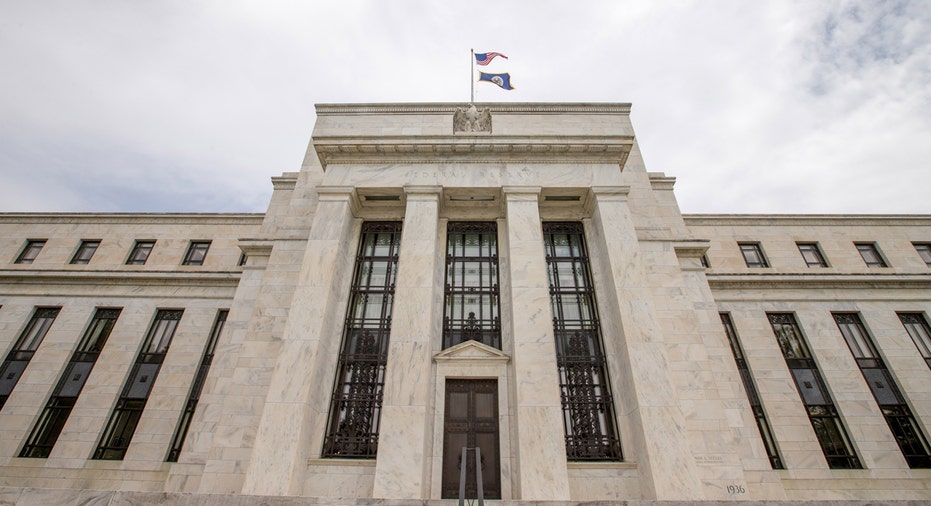Fed's Fischer: Case is 'Quite Strong' for Raising Rates Gradually

Federal Reserve Vice Chairman Stanley Fischer on Friday suggested the central bank is getting closer to raising interest rates again, though he stopped short of saying when the next move might occur.
"In my view, the Fed appears reasonably close to achieving both the inflation and employment components of its mandate," Mr. Fischer said in remarks prepared for delivery at a conference hosted by the Central Bank of Chile. "Accordingly, the case for removing accommodation gradually is quite strong, keeping in mind that the future is uncertain and that monetary policy is not on a preset course."
Mr. Fischer's remarks are the first from a Fed governor since Tuesday's U.S. presidential election. Though several regional bank presidents have commented on the results, the Fed vice chairman didn't mention it in his prepared remarks, nor did he comment on the market reaction to President-elect Donald Trump's surprise victory.
In a statement following their policy meeting last week, Fed officials dropped new hints they could raise rates at their Dec. 13-14 meeting, barring any unforeseen shocks. Mr. Trump's win on Tuesday sparked a widespread selloff in global markets overnight, but U.S. markets have since rallied on speculation that Mr. Trump's proposed policies could help boost growth.
Most of Mr. Fischer's remarks on Friday focused on the spillover effects of U.S. monetary policy, which he said foreign central banks should be able to manage.
Higher rates in the U.S. would be precipitated by a stronger U.S. economy, which would benefit the rest of the globe, he said. And raising interest rates gradually could help mitigate potential adverse spillovers.
"In my view, the prospects of a continued steady expansion in the U.S. economy are maximized to the extent that we proceed with a gradual removal of accommodation," he said. "Such a gradual approach to tightening policy will also help mitigate the risk of undesirable spillovers abroad -- including by reducing the risk of having to tighten more abruptly later on -- and in turn promote a stronger global economy."
Emerging market economies, many of which were battered when the Fed signaled it may taper asset purchases in mid-2013, have "markedly improved" fundamentals, which should also insulate them from the effects of higher U.S. interest rates, Mr. Fischer said.
Other central banks should also be able to respond appropriately to tighter U.S. monetary policy with their own policy actions, he said.
On the other hand, a noticeably faster U.S. recovery could prompt the Fed to raise interest rates faster than expected, which "could exert noticeably larger spillovers abroad by putting more upward pressure on foreign interest rates and by inducing larger depreciations of foreign currencies."
Write to Kate Davidson at kate.davidson@wsj.com



















